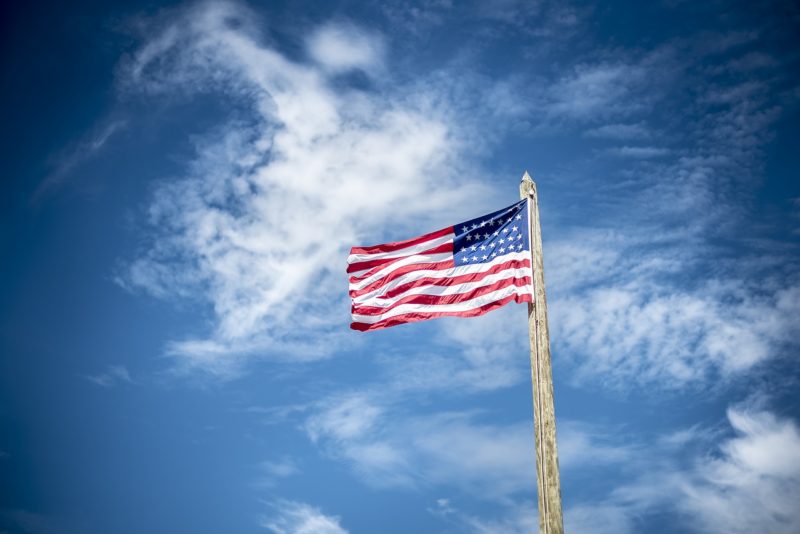GEAB 136

The ongoing trade war between the US and China has recently taken a new turn with the involvement of the digital giants, under obvious pressure from the White House. Alleging that the company is a threat to national security, Donald Trump has placed Huawei on the list of undesirable companies in the USA,[1] pushing Google,[2] Facebook, but also manufacturers of key components of mobile phones (ARM, Qualcomm, Wi-Fi Alliance) to sever links with the Chinese mobile provider. At the same time, the White House has been pressuring Germany[3] and the United Kingdom[4] to reconsider their plans to buy Huawei equipment as part of the deployment of next-generation mobile phone networks (5G). The North American administration’s spectacular decision in this respect is the culmination of a multi-year crisis in which the Chinese manufacturer was regularly suspected of espionage by the US, as well as the UK and the Netherlands, without any visible proof.[5] It was this crisis that, in August 2018, led to Huawei being put on a list of suppliers banned from public purchase orders in the US.[6]
A colossus with feet of clay
The US initiative is a considerable inconvenience to European operators, who are looking to get round it in whatever way they can.[7] In the United States, part of the Trump administration and Google itself are trying hard to backtrack.[8] The Californian giant is trying to convince the US government that excluding Huawei from the Android network, controlled entirely by Google, is like inviting Huawei to create its own operating system for smartphones, based on the free version of Android. Except for Apple, which now accounts for just a third of the market, the smartphone world would be divided into two camps, American and Chinese. And this bipolarisation would not be limited just to the operating system of smartphones. Because what matters in day to day use is, in fact, the ability to access all common applications, like Facebook, WhatsApp or
Login

Reports are currently proliferating concerning the health of the European banking sector ten years after its great crisis. However, on the one hand, the European banks only managed to get [...]
Under the impetuous blows of the global systemic crisis, the automatic pilot system (technocracy), that determined our direction and cruising speed until 2008, is gradually coming to an end. The [...]
Interview with Eric Leandri, CEO of Qwant CEO and co-founder of the French search engine Qwant, Éric Leandri shares with GEAB readers his conviction that the US-China trade war offers [...]
We are now well into the fifth – and probably last – wave of the oil era. All the conditions needed for us to leave behind our oil dependency are [...]
Crypto-currencies: Gold 2.0? With the greatest caution, playing the diversification and flexibility game to reduce possible risks, we advise you to start investing in the cryptos that now have safe-haven [...]


Comments